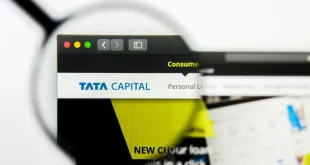
Ahmedabad: In an effort to manage electronic waste i.e. e-waste and convert this waste into new material i.e. recycling, a total of 295 recycling units have been set up in different states of the country. Uttar Pradesh has the maximum number of recycling units established at 82. It is followed by Karnataka with 45 recycling units, Maharashtra with 43 units and Haryana with 32 units. After that, Gujarat state is at fifth position, which has 29 units for recycling e-waste.
Then, if we look at other states, Telangana (15 units), Tamil Nadu (13 units), Rajasthan (10 units) and Madhya Pradesh (6 units) also contribute recycling units. Apart from this, many other states like West Bengal, Andhra Pradesh, Punjab, Uttarakhand, Assam, Chhattisgarh, Himachal Pradesh, Jharkhand and Kerala also have 1 to 6 units.
The objective of these recycling factories is not only to manage the huge amount of e-waste generated throughout the year but also to build a mature variable economy system. In which the valuable items extracted from this waste are reused.
E-waste refers to unused or discarded electrical and electronic equipment, including solar photovoltaic modules and panels. Furthermore, e-waste includes all those items that are discarded in the process of manufacturing and making new goods.
Taking the initiative to address the growing problem of e-waste, the government introduced the E-waste (Management) Rules, 2022. A target of 60 percent e-waste recycling has been set by financial year 2025. There are 7,226 generators of electrical and electronic waste in India. There is an urgent need for such centers to address the growing problem of e-waste in the country.
 look news india
look news india


